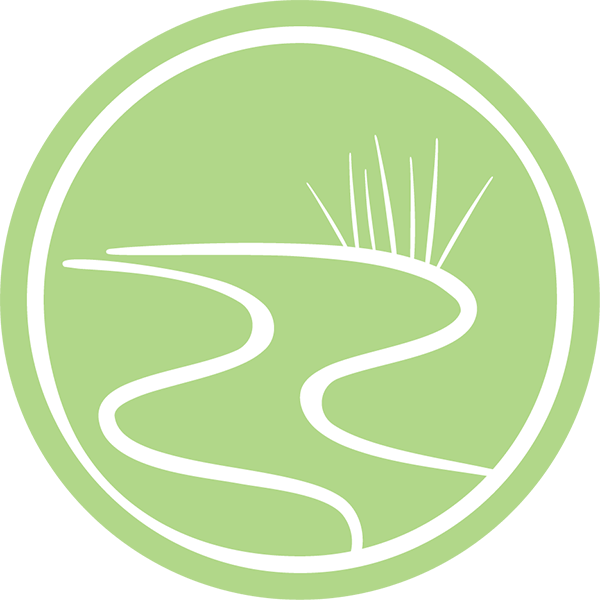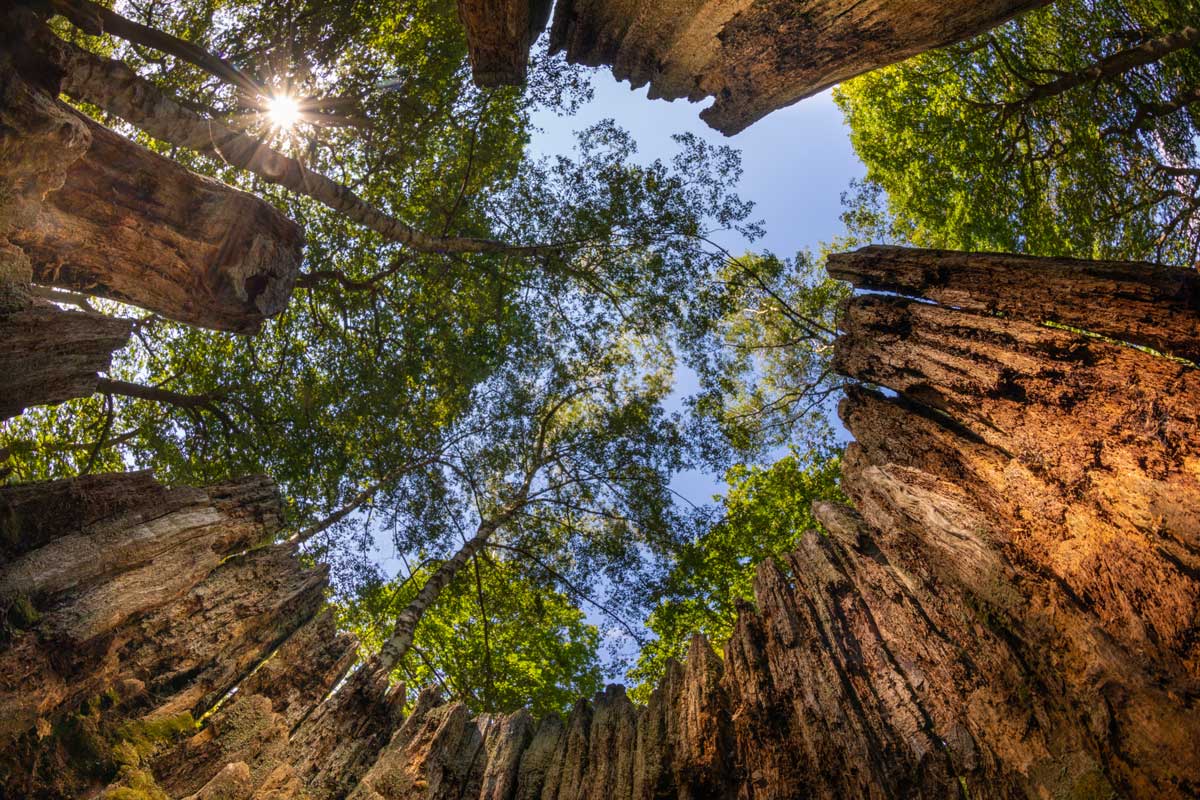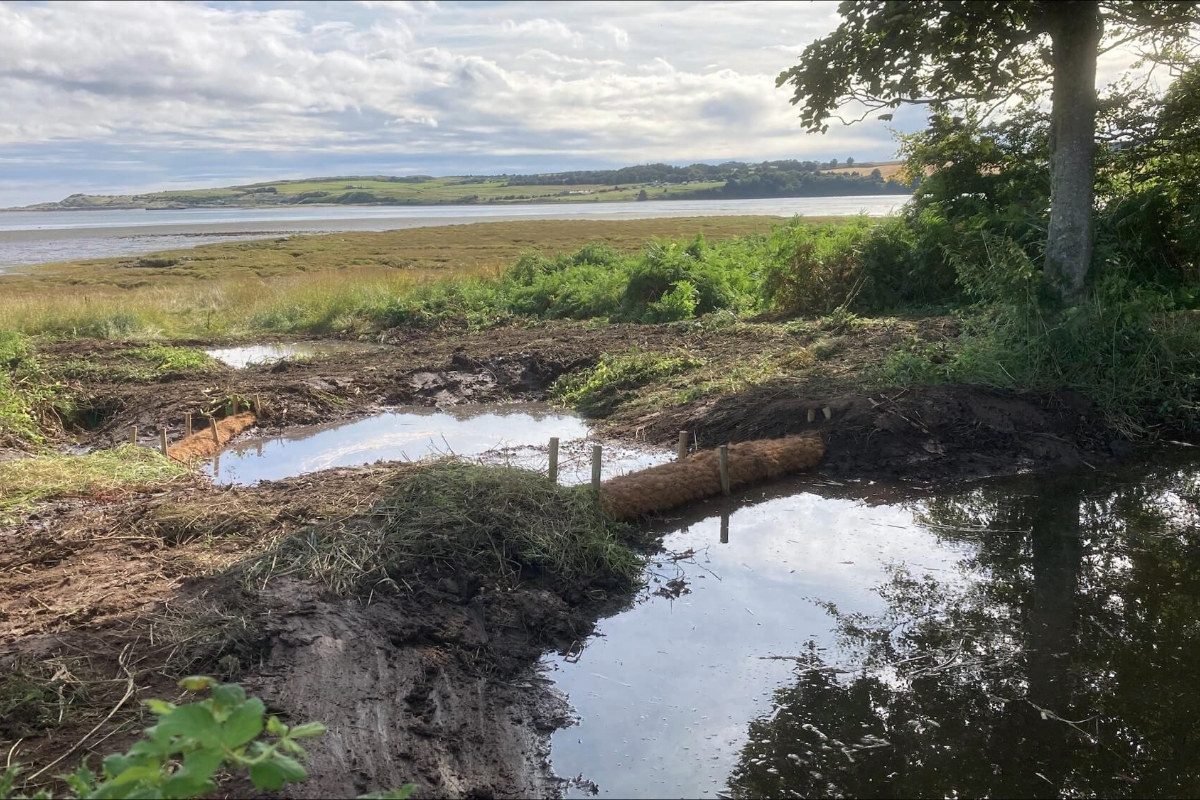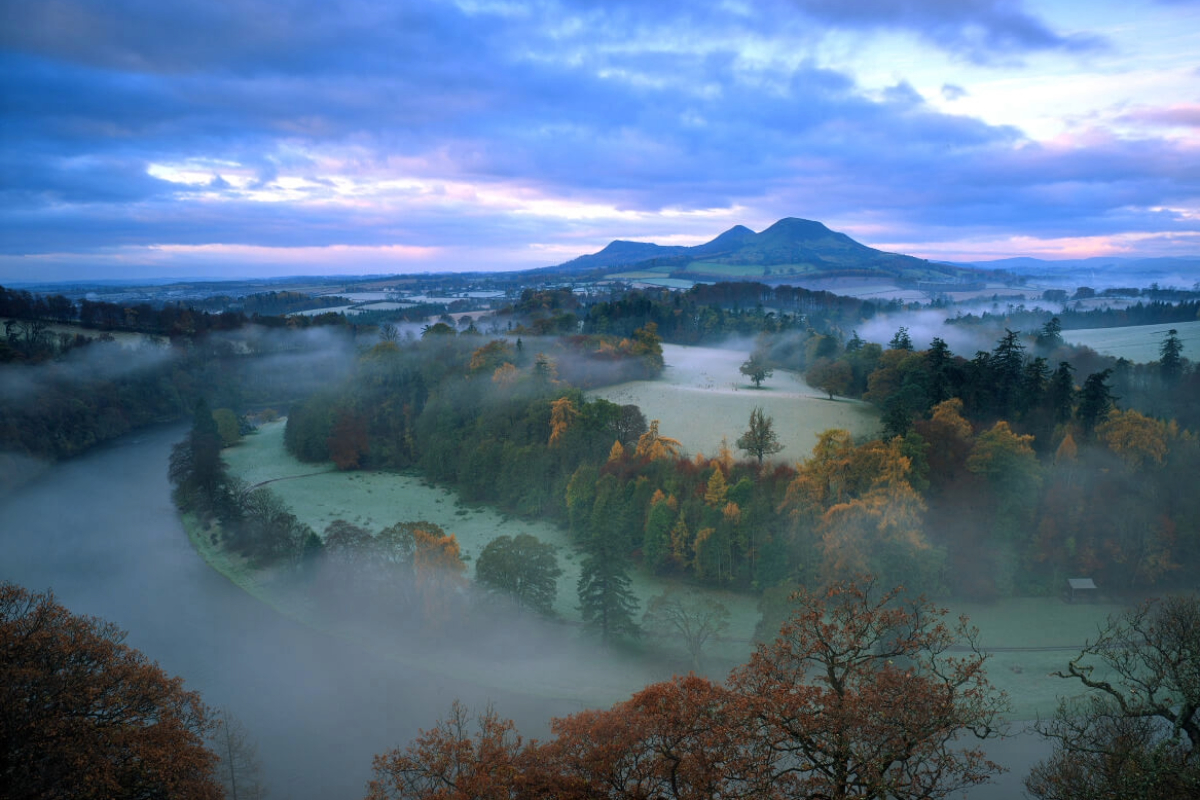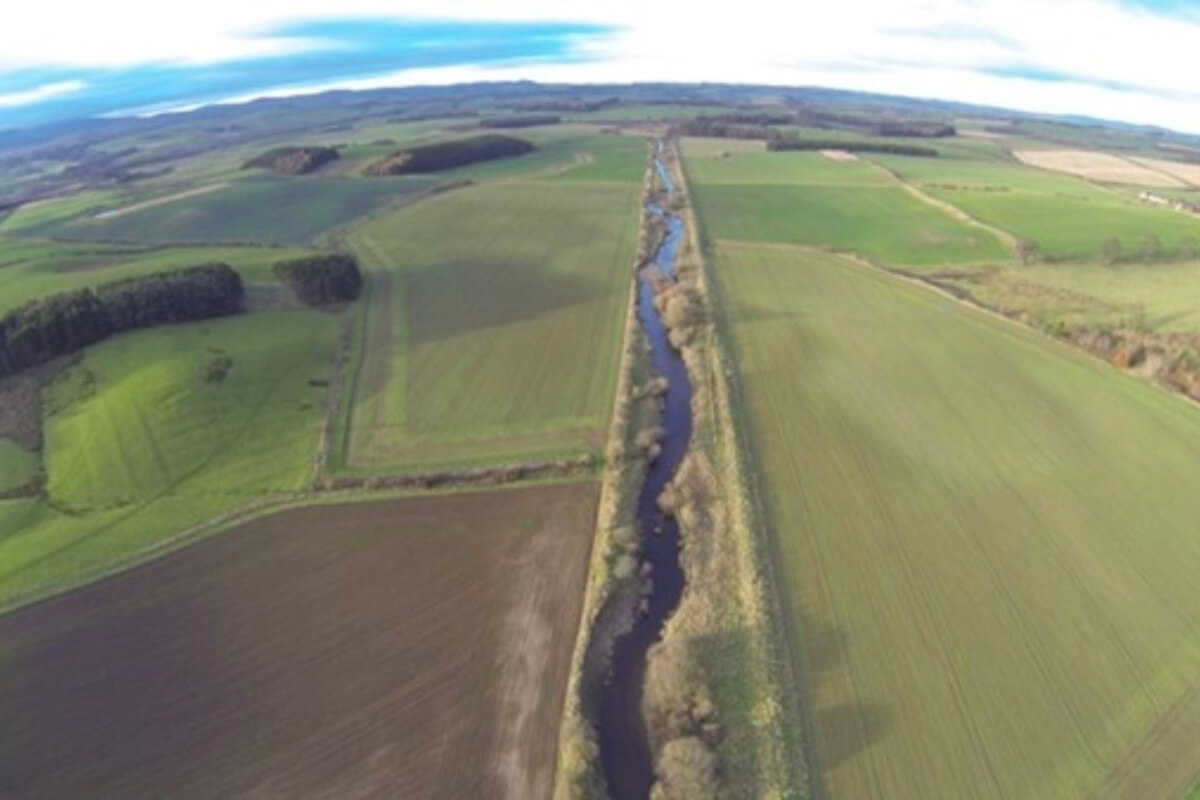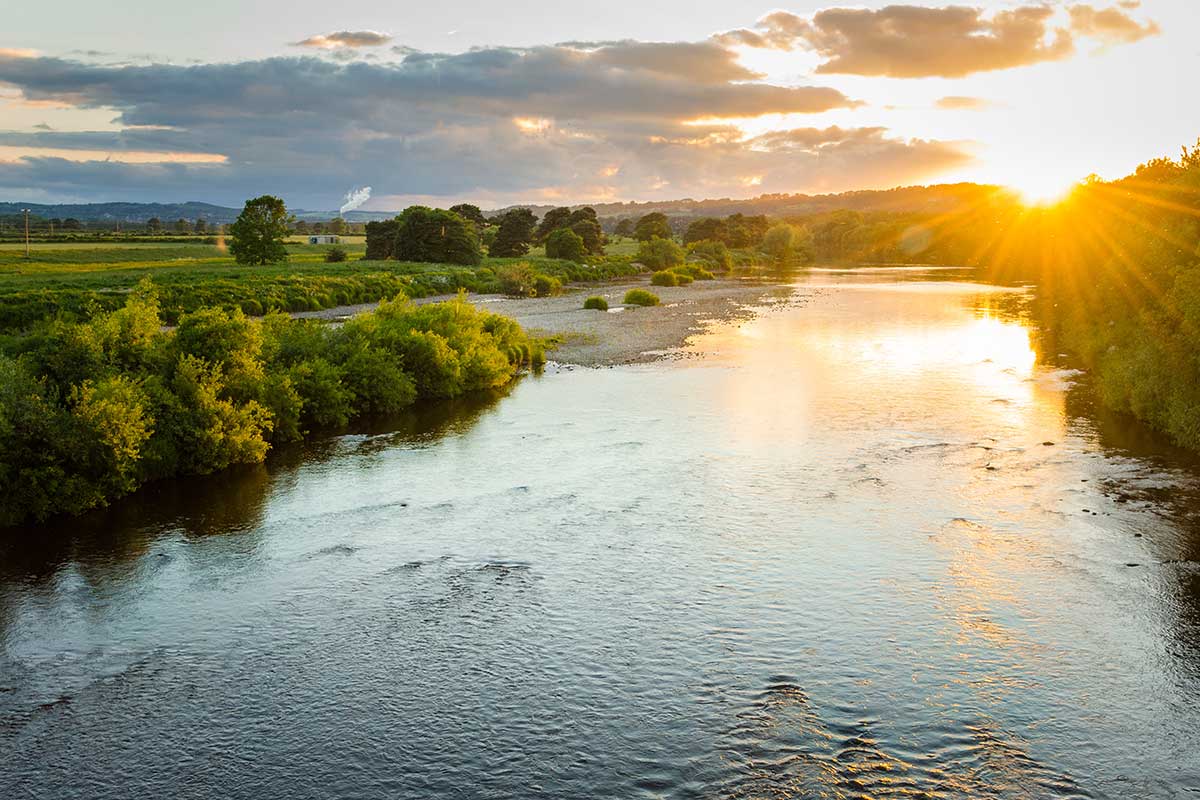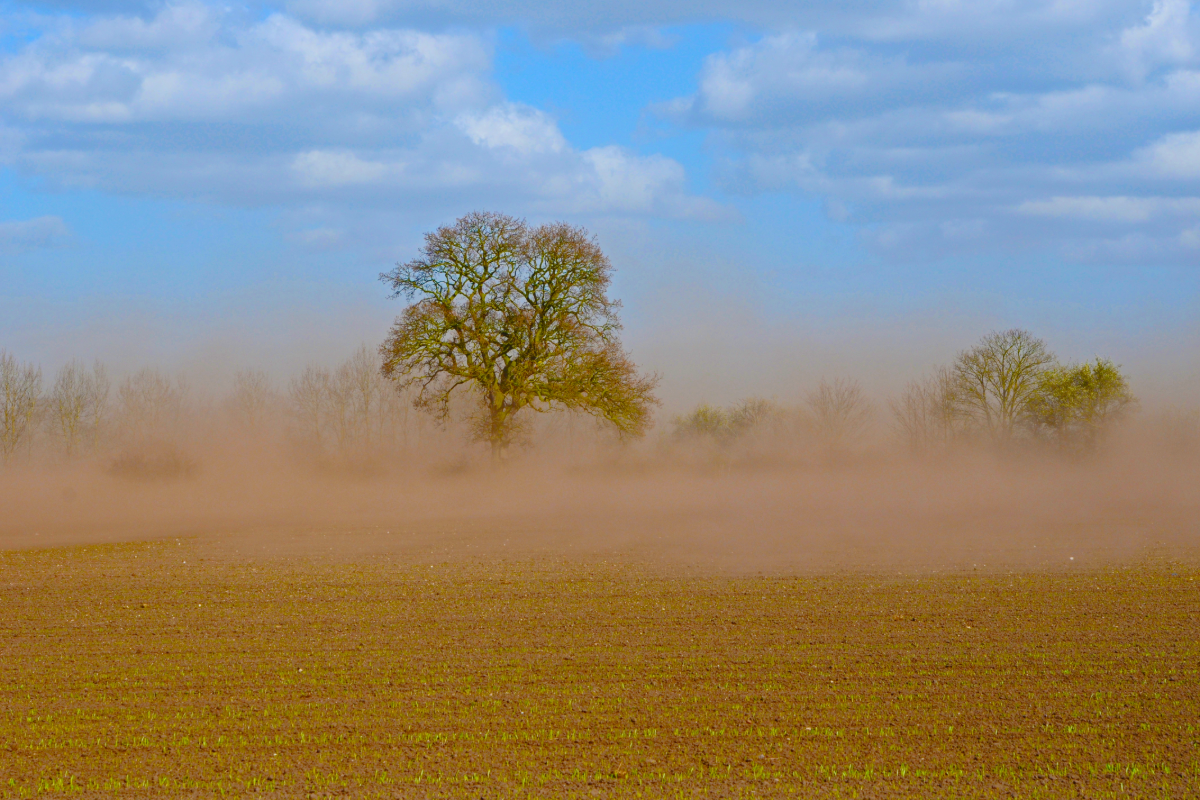
Many of the water courses in the Tweed catchment are loaded with excessively high levels of phosphates and nitrates, originating from a range of human activities including agriculture, transport, mining and industry. These are causing huge problems for nature and wildlife.
WADER is working in partnership with farmers and landowners in Northumberland to help them reduce diffuse pollution in an innovative way – through the application of soil science. Soils are a key measure and influence on the health of the environment, and those in bad condition can severely impact local water quality as well as biodiversity and productivity of farmland.
Over the next three years, the health (specifically the structure and biodiversity) of soils across selected ‘target’ sites in Northumberland will be assessed by WADER project staff. It will be the first time such an in-depth study has been made of soil health – and the direct impact it is having on water quality, in this area.
The results will help to build a strong understanding of soils across the region, inform a programme of soil improvement and nourishment and enable WADER to share best practice. Our team, working out in the field and also the lab, will identify issues and advise on good soil husbandry – specifically how to enrich and fortify those soils identified as poor. They will recommend management practices to reduce soil erosion, nutrient run-off and leaching and offer advice on cultivation and crop rotation. WADER will support farmers throughout their soil improvement journey with regular soil sampling and individually tailored advice. All changes, improvements and adaptations will be closely monitored over the three years.
The project will also add to the national need for detailed soil health data.
Improved soils will not only allow the land to better retain nutrients and absorb pollutants so less ends up leaching into watercourses but will also boost crop production. This will be a big win for nature and biodiversity, climate resilience and also food security.
Trialling novel techniques and innovative approaches, never or rarely tried in the locality (or even elsewhere in the world), is a key part of WADER. WADER will pilot innovative approaches to reducing diffuse pollution with 10 demonstration activities, in partnership with 10 different landowners. If successful, WADER will have a suite of novel techniques for improving water quality to share locally, nationally and even internationally. These will be used to influence better sustainable land management and create a ripple effect of good practice.
Two soil demonstration practices are currently underway. Please click here to view.
In February 2023 a farmer engagement event was held in Wooler, Northumberland in partnership with Natural England’s Catchment Sensitive Farming (CSF) team to raise awareness of WADER and recruit farms across the project area to participate in soil sampling, demonstration projects and regenerative farming practices. The event was a success and kick-started a set of new working relationships.
Full sampling began in June 2023 and has now taken place on 17 target farms, thanks to support from CSF. Over the next 30 months WADER will take a deep dive into exploring soil biology, composition and structure, nutrient and mineral content and levels of activity by soil fauna, such as earthworms and soil microorganisms. Two demonstration projects are also underway to test the benefits of cover crops and composted farmyard manure as soil improvers. In 2024 the team will begin interpreting lab results and start planning a series of demonstration events.
